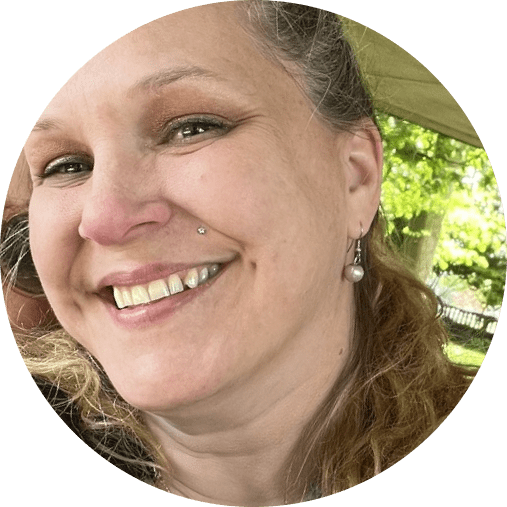Rooted: A Recovery Series for Mental Health Month
This May, we’re getting grounded! Rooted is a 4-week recovery series focused on building stability, planting new habits, and celebrating how far you’ve come.
Each session will offer space to reflect, tools to support your mental health, and weekly accountability to help you work toward a personal goal. Let’s grow together.
Mondays in May
1:00 pm EST
12:00 pm CT
11:00 am MT
10:00 am PT
A 4-week group series to help you work toward a personal goal.

Tracee
Behavioral Health Care Specialist

Max
Senior Community Manager
What we'll be covering
May 5: Planting the Seed – Setting Intentions and Getting Grounded
Every journey begins with the planting of the seed. In this grounding session, we’ll set personal goals for the month of May and explore what it means to root ourselves in recovery, stability, and self-compassion.
May 12: Tending the Roots – Building Mental Health Habits
The roots of recovery are built with consistency. We’ll dive into habit-building, explore daily practices that support mental health, and create routines that keep us steady—even when life gets shaky.
May 19: Weathering the Storm – Staying Steady Through Emotional Ups and Downs
Storms are part of life. How do we ride out the tough days with tools like mindfulness, breathwork, and self-regulation?
May 26: Closed for Memorial Day 🇺🇸
June 2: Blooming – Celebrating Growth and Looking Ahead
Let’s celebrate how far we’ve come! In our final session, we’ll reflect on our growth, share wins, and look ahead with hope, vision, and continued support in recovery.
You’re 3x as likely to remain in recovery at 6 months if you attend groups
- Hosted by counselors and peer recovery coaches who can help you develop coping tools and practical life skills to build lasting life changes.
- Build relationships with other people who are on similar recovery paths—who really understand your journey and victories.
- Participate as much or as little as you'd like
- Camera on encourged but, not required
If we are facing in the right direction, all we have to do is keep on walking.
This group is for Workit Health members only





